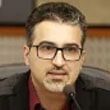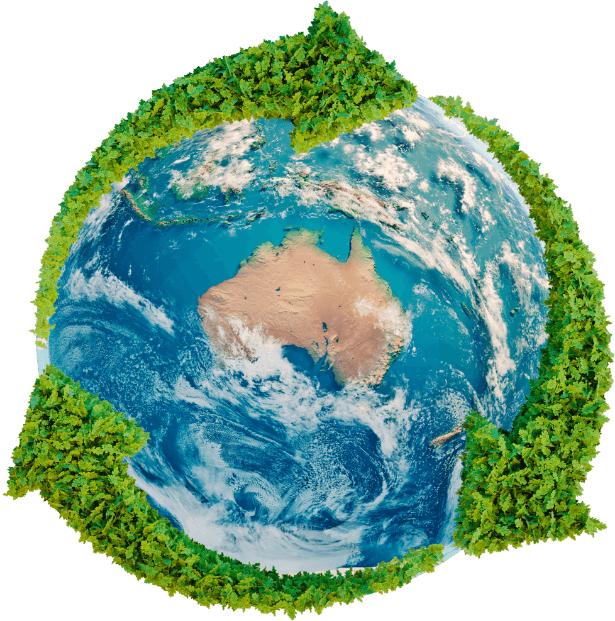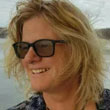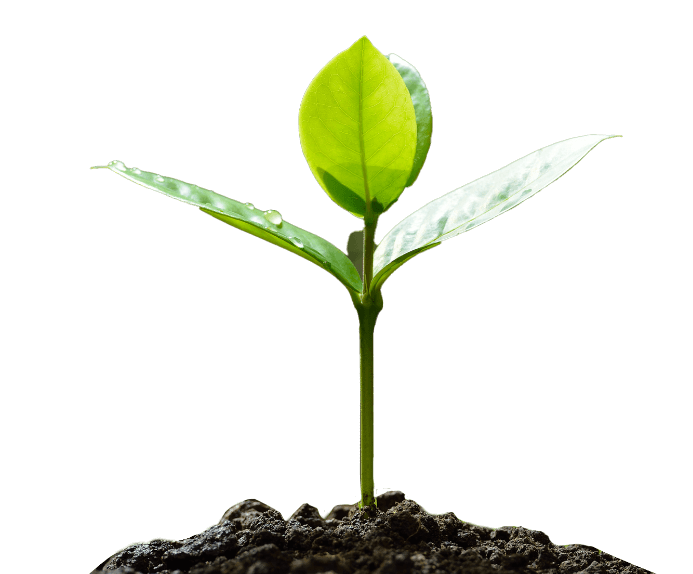Adaptation
‘Adaptation involves reducing risk and vulnerability; seeking opportunities; and building the capacity of nations, regions, cities, the private sector, communities, individuals, and natural systems to cope with climate. impacts, as well as mobilizing that capacity by implementing decisions’ (IPCC AR5 2014). Wherever possible, adaptation strategies and actions must also seek to reduce emissions to minimise further risks to communities. Adaption covers a wide range of options influenced by geography, culture, communities and capacity. Adaptation options can vary from hard to softer responses, for example sea walls to restoring mangroves. Community involvement in developing adaptation solutions is crucial to successful implementation.
This section covers the research and education across the University of Canberra contributing to the ongoing development of options and potential pathways for sustainable adaptation to climate change at the international, national sub national and local scale.

Darren Sinclair
Director, Centre for Change Governance
Faculty of Business, Government and Law

Jordan Williams
Associate Professor
Faculty of Arts and Design

Katharine McKinnon
Associate Professor, Community Learning and Development
Faculty of Education

Saeed Banihashemi
Assistant Professor in Building & Construction Management
Faculty of Arts and Design

Simon Niemeyer
Director, Centre for Deliberative & Global Democracy
Faculty of Business, Government and Law

Leigh Sullivan
DVC Research and Innovation
Research and Innovation
Supporting mental health through building resilience during and after bushfires: lessons from the 2019-20 bushfires in southern NSW and the ACT
How to design bushfire preparedness and response strategies to support mental health through a focus on maintaining and building individual, household and community resilience resources.
UC Institute/Centre/Faculty: HRI
Funding Agency: MRFF
Funding Amount: $322,234.60
Collaboration/Partner: University of Queensland; Charles Darwin University
Project Lead: Associate Prof Jacki Schirmer
Project Team Members: A/Prof Petra Buergelt, Theo Niyonsenga, Dominic Peel, Mel Mylek, Rachel Davey
Start date: June 1, 2020
End date: May 31, 2023
Cultural drivers of disaster risk reduction behaviour
Most research into disaster risk reduction (‘DRR’) focuses on losses arising from bushfires and natural hazards (‘BNH’) and how to avoid losses in the future. Very little research considers situations where losses have been avoided by effective DRR practices. An analogy might be air crash investigation. Lots of research has been undertaken into why planes crash and this has made plane travel much safer. But the studies of why people fail to prepare for disasters have not led to a dramatic improvement in DRR behaviour. It is argued that in addition to studying why people don't prepare (= 'crash') we should study why they do (= 'fly well'). This project will focus on a rare example where DRR behaviours contributed to averting devastating loss of life. The island of Simeulue 150 km off the coast of Sumatra was the first location struck by the 2004 Indian Ocean tsunami but reportedly lost only a handful of lives, whereas in neighbouring Sumatra 3% of the population died. The research will apply an ethnographic approach and grounded theory tools to investigate the social and environmental contextual factors that led to this amazing outcome. Having identified the cultural drivers of disaster risk reduction behaviour on Simeulue, the project will seek to identify opportunities to apply lessons for risk communication and DRR in Australian contexts.
UC Institute/Centre/Faculty: FoH/CDU
Funding Agency: CDU/Bushfire Natural Hazard CRC (PhD)
Funding Amount: N/A
Collaboration/Partner: Charles Darwin University, Institute of Technology Bandung (ITB) (Indonesia)
Project Lead: Stephen Sutton - PhD
Project Team Members: A/Prof Petra Buergelt, Adjunct Prof Douglas Paton, Dr Saut Sagala
Start date: N/A
End date: 2021

















